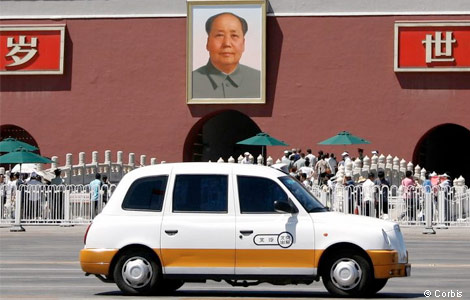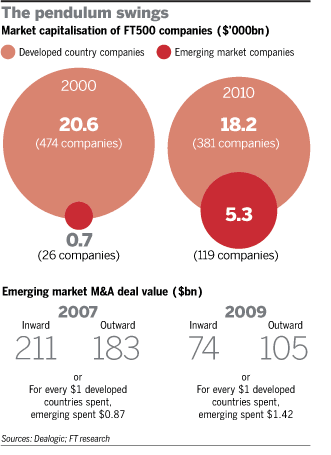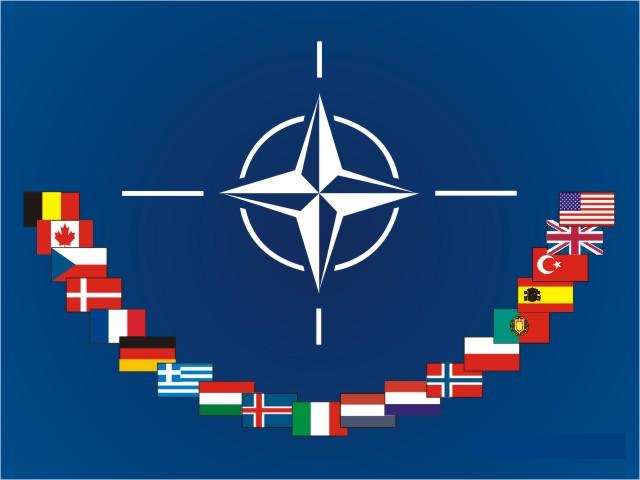
From former Beijing bureau chief of FT, Richard McGregor comes "The Party."
Emblematic of the control mechanism: on the desk of the CEOs of the biggest state companies sits a red phone--the ultimate status symbol of political connectivity. What these phones connect is about 300 men who run the country--we are told.
Interestingly enough, McGregor then lists historical examples of power-wielding elites in the UK, US and Japan. The thing is, once they hit modernity, the old-boy networks in each crumbled and the leadership situation opened up significantly.
But, of course, China will be unique, because, of those power networks, "none can hold a candle to the Chinese Communist Party, which takes ruling-class networking to an entirely new level."
The CCP has 76 million members, or 1-in-12 Chinese, although the vast majority are perfunctory members.
Key point: nobody, even in the Party, calls their system communist anymore. The all-powerful ideology has been "airbrushed" from history, says McGregor.
So we have a ruling elite based largely on wealth, and you just know how easy it is to keep the infighting at a minimum when money is involved. When you depend on a "ruthless private sector" to maintain your power, don't expect the other guy to be looking out for you.
The claim that China's government is very Leninist "under the hood" is a bit rich: we are told that controlling propaganda, the military and personnel is oh so copycat. But Lenin was hardly the only genius to come up with that formula in history. Indeed, I would call it the norm of any single-party state, no matter what BS it is selling.
Good stuff:
The gap between the fiction of the Party's rhetoric ("China is a socialist country") and the reality of everyday life grows larger every year. But the Party must defend the fiction nonetheless, because it represents the political status quo.
The Party's defense of power is also, by extension, a defense of the existing system. In the words of Dai Bingguo, China's most senior foreign policy official, China's "number one core interest is to maintain its fundamental system and state security." State sovereignty, territorial integrity and economic development, the priorities of any state, all are subordinate to the need to keep the Party in power.
Like Bremmer, McGregor notes the fundamental goal of any single-party state is to maintain its grip on power.
The fundamental contradiction here, of course, is the need to choose between the efficiency and innovation that keeps the economic growth strong (the fundamental element of regime legitimacy in the eyes of the people) and the requirements to crush independent thought. The only way you can sacrifice the former for the latter is to display the amazing capacity from--on high--to pick winners and losers in the economy.
Now, when picking winners consists merely of tossing in more, more, more of everything, it's fairly easy. The trick comes when your system, having matured and requiring intensive growth, needs to be ruthless about the losers. Politicians can't do that well, because the losers in the system get mad and want something in return. In America, the losers of any one moment can express themselves politically by throwing the bums out. But in China, no go, so their anger must be consistently crushed. And that ends in one of two ways: profound social anger that triggers revolution or a sullen disassociation a la the Soviet Union. Either way, the Party will not survive unless it ultimately submits to the rotation of power.
And that is likely to come after a series of economic crises deepens the rift within the Party between the go-fast coastal crowd and don't-forget-the-caboose interior crowd.
But until such time, we will be consistently treated to analysis that says China is unique in its development, when, in truth, it has plowed no new ground, but merely replicated the same, single-party, extensive-growth catch-up strategy that states have used throughout history--and throughout Asia in recent decades. The scope is unique, but the outcome will not be.

Looks like a good book. McGregor writes well. Find it here at Amazon.
 Monday, May 24, 2010 at 12:03AM
Monday, May 24, 2010 at 12:03AM 










































